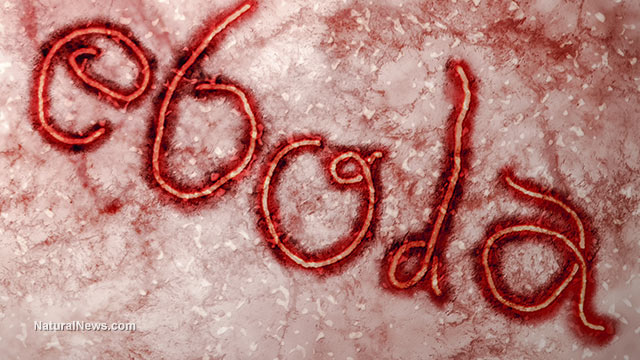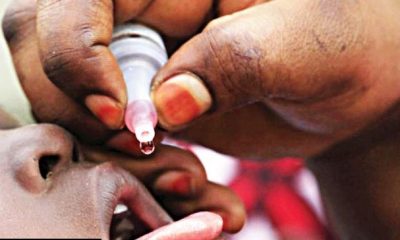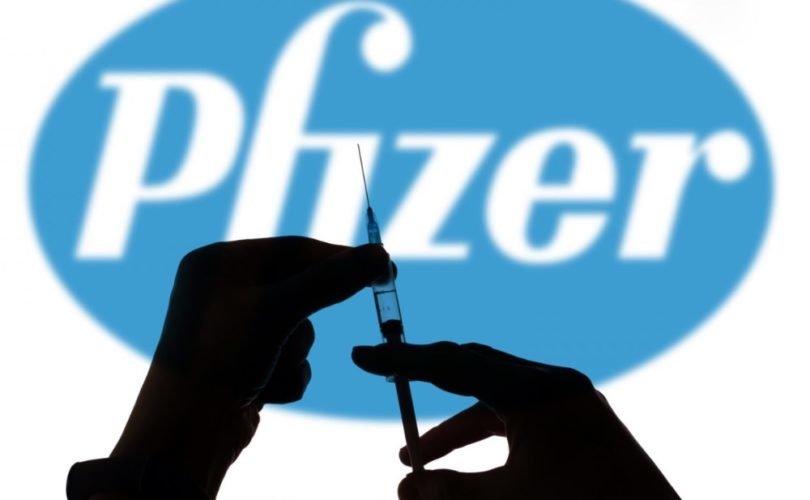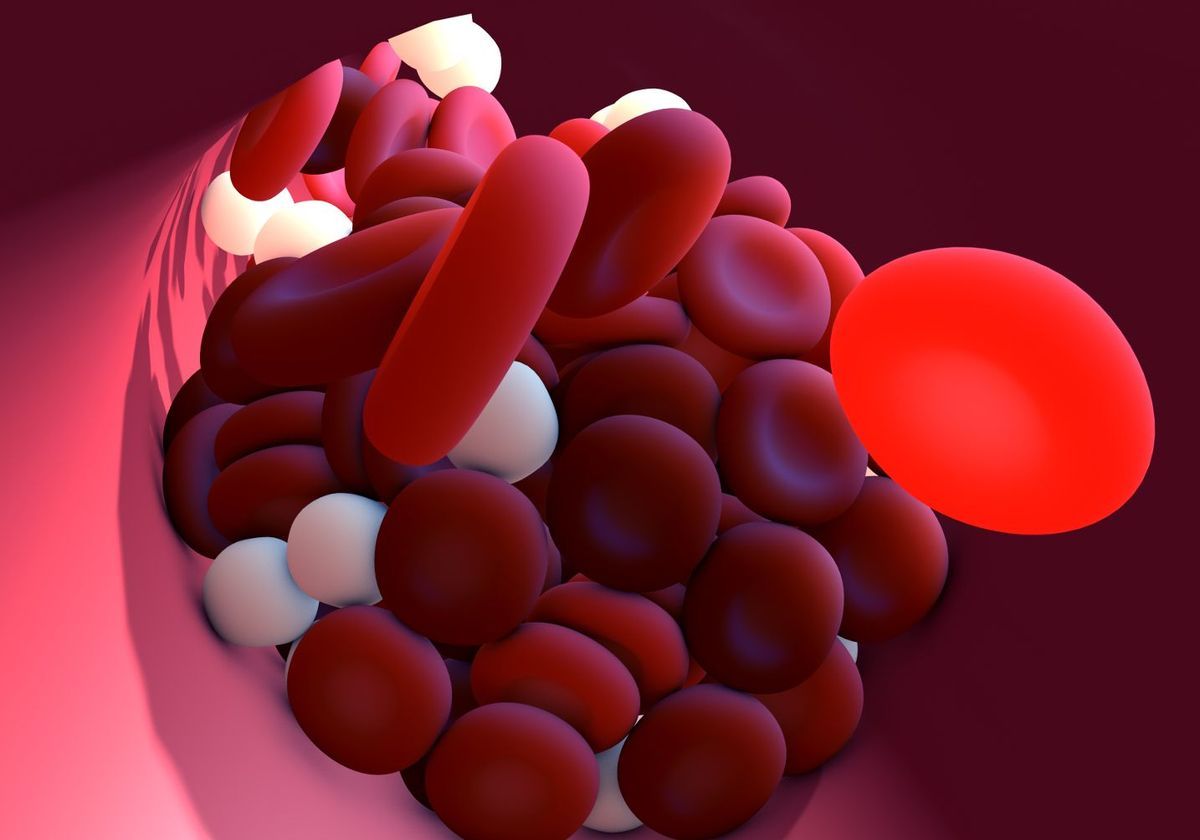The GAVI global vaccine alliance said on Friday some 300,000 emergency doses of an Ebola vaccine developed by Merck could be available in case of a large-scale outbreak of the disease, after the World Health Organisation (WHO) confirmed a fatal case in Congo.
According to a report by Reuters, rVSV-ZEBOV” was proven to be highly protective against Ebola in clinical trials published in December 2016.
A spokesperson for the WHO told Reuters on Friday that a person in the Democratic Republic of Congo had died after becoming infected with Ebola, a contagious virus that causes hemorrhagic fever.
The experimental vaccine was highly protective against the deadly virus in a major trial in Guinea, according to results published in The Lancet.
The vaccine is the first to prevent infection from one of the most lethal known pathogens, and the findings add weight to early trial results published in 2016.
It was studied in a trial involving 11 841 people in Guinea during 2015.
Among the 5,837 people who received the vaccine, no Ebola cases were recorded 10 days or more after vaccination.
In comparison, there were 23 cases 10 days or more after vaccination among those who did not receive the vaccine.
The trial was led by WHO, together with Guinea’s Ministry of Health, Medecins sans Frontieres and the Norwegian Institute of Public Health, in collaboration with other international partners.
“While these compelling results come too late for those who lost their lives during West Africa’s Ebola epidemic, they show that when the next Ebola outbreak hits, we will not be defenceless,” said Marie-Paule Kieny, WHO’s Assistant Director-General for Health Systems and Innovation, and the study’s lead author.
The vaccine’s manufacturer, Merck, Sharpe & Dohme, this year received Breakthrough Therapy Designation from the United States Food and Drug Administration and PRIME status from the European Medicines Agency, enabling faster regulatory review of the vaccine once it is submitted.
Since Ebola virus was first identified in 1976, sporadic outbreaks have been reported in Africa.
The 2013–2016 West African Ebola outbreak, which resulted in more than 11 300 deaths, highlighted the need for a vaccine.
The trial took place in the coastal region of Basse-Guinée, the area of Guinea still experiencing new Ebola cases when the trial started in 2015.
The trial used an innovative design, a so-called “ring vaccination” approach, the same method used to eradicate small pox.
When a new Ebola case was diagnosed, the research team traced all people who may have been in contact with that case within the previous three weeks, such as people who lived in the same household, those visited by the patient, or in close contact with the patient, their clothes or linen, as well as certain “contacts of contacts”.

 Health5 days ago
Health5 days ago
 Entertainment7 days ago
Entertainment7 days ago
 Crime6 days ago
Crime6 days ago
 Education1 week ago
Education1 week ago
 Health1 week ago
Health1 week ago
 Comments and Issues6 days ago
Comments and Issues6 days ago
 Football7 days ago
Football7 days ago
 Latest6 days ago
Latest6 days ago









